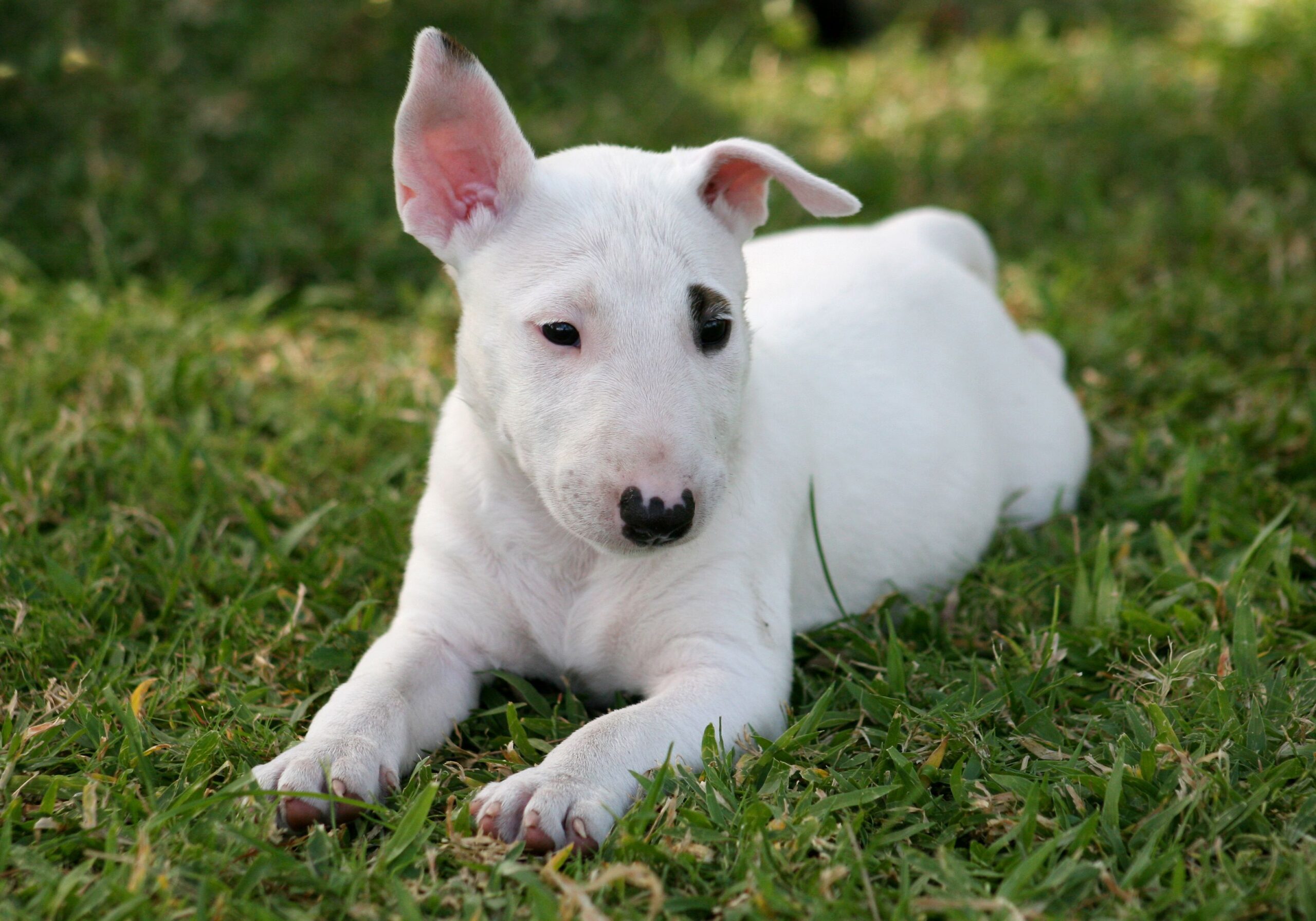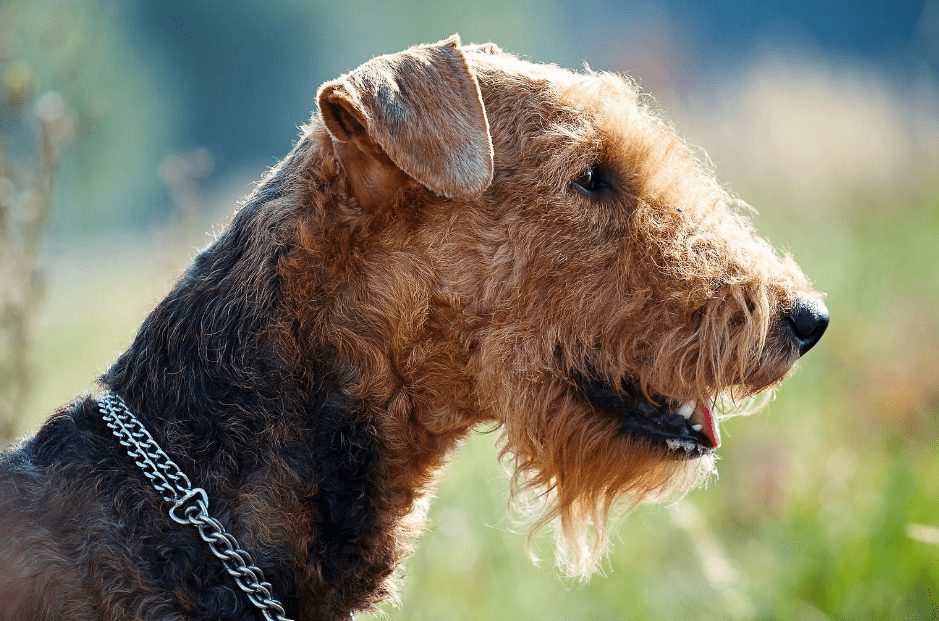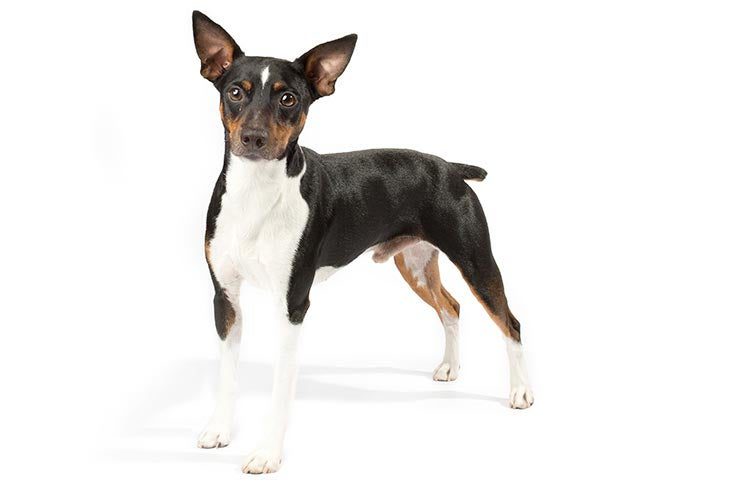Key Takeaways:
- Bull Terriers are known for their unique egg-shaped head and muscular build.
- They are a high-energy breed that requires regular exercise to prevent boredom and destructive behavior.
- Bull Terriers can be independent and stubborn, so consistent training and socialization from an early age is essential.
- They have a strong prey drive and may not get along well with small animals, so proper supervision is necessary.
- Bull Terriers are generally good with children but should be monitored closely due to their strong playfulness and energy levels.
Are you a dog lover? If so, then get ready to discover the fascinating world of Bull Terriers! These unique and charismatic dogs have captured the hearts of many with their distinctive appearance and playful personalities. But there's more to Bull Terriers than meets the eye. By delving into this subject, you'll not only gain valuable insights into their breed characteristics and care, but also unlock a deeper understanding of canine companionship. Whether you're considering adding a Bull Terrier to your family or simply curious about these lovable creatures, this exploration will provide you with the knowledge and tools to ensure their well-being. So let's embark on this journey together and uncover the secrets behind the Bull Terrier breed!
Distinct Physical Characteristics of Bull Terriers
Bull Terriers: What Do They Look Like?
Unique Appearance
Bull Terriers have a distinctive appearance that sets them apart from other dog breeds. They have a muscular body with a broad, deep chest and a well-defined waist. Their head is large and egg-shaped, with small, triangular eyes that are dark in color. One of the most notable features of Bull Terriers is their unique muzzle, which is long and strong, ending in a black nose. They also have erect ears that are naturally pointed.
Coat Varieties
Bull Terriers come in two different coat varieties: the standard variety and the miniature variety. The standard Bull Terrier has a short, dense coat that lies close to their body. It can be white or any other solid color, such as brindle or fawn. On the other hand, miniature Bull Terriers have the same physical characteristics as standard Bull Terriers but are smaller in size. Their coat can also be smooth and short or longer and rough.
Did You Know?
- The unique shape of their heads allows them to use their jaws with great force.
- Bull Terriers were originally bred for bull-baiting, hence their name.
Temperament and Personality Traits of Bull Terriers
Bull Terriers: Friendly and Energetic Companions
Friendly Nature
Bull Terriers are known for their friendly nature and love for human companionship. They are highly affectionate towards their family members and get along well with children when properly socialized from an early age. Despite their muscular appearance, they are generally not aggressive towards people.
Energetic and Playful
These dogs have an abundance of energy and love to play. They require regular exercise and mental stimulation to keep them happy and healthy. Bull Terriers enjoy activities such as playing fetch, going for walks, or participating in dog sports like agility. Their playful nature makes them great companions for active individuals or families.
Did You Know?
- Bull Terriers are often referred to as "clowns" due to their comical behavior.
- They have a mischievous side and can be quite stubborn at times.
Best Living Environment for Bull Terriers
Creating a Happy Home for Bull Terriers
Space Requirements
Bull Terriers are medium-sized dogs that require enough space to move around comfortably. While they can adapt to apartment living with proper exercise, they thrive in homes with a fenced yard where they can run and play freely. A secure yard is essential as they have a tendency to explore and may try to escape if not properly contained.
Family Companionship
Bull Terriers are social animals that thrive on human companionship. They do best in homes where they are not left alone for long periods of time. If left alone too often, they may develop separation anxiety or exhibit destructive behavior out of boredom. It is important for their well-being that they receive plenty of attention and interaction from their owners.
Tips:
- Provide your Bull Terrier with daily exercise to prevent them from becoming bored.
- Make sure your home environment is safe and free from any potential hazards.
Exercise Needs of Bull Terriers
Keeping Bull Terriers Healthy with Exercise
Daily Physical Activity
Bull Terriers have high energy levels and require daily physical activity to stay fit and mentally stimulated. They should ideally engage in at least 30 minutes to an hour of exercise each day. This can include activities such as brisk walks, jogging, playing fetch, or participating in dog sports like obedience training or agility.
Mental Stimulation
In addition to physical exercise, Bull Terriers also need mental stimulation to prevent boredom and destructive behavior. Providing them with puzzle toys, interactive games, and training sessions can help keep their minds engaged. They are intelligent dogs that enjoy learning new tricks and tasks.
Tips:
- Vary the types of exercise you provide to keep your Bull Terrier mentally stimulated.
- Consider enrolling them in obedience classes or other structured activities to challenge their minds.
Health Concerns for Bull Terriers
Understanding Common Health Issues in Bull Terriers
Patellar Luxation
Patellar luxation is a common health issue seen in Bull Terriers. It occurs when the kneecap dislocates from its normal position, causing pain and lameness. Regular veterinary check-ups can help detect this condition early on, allowing for prompt treatment options such as medication or surgery if necessary.
Heart Disease
Bull Terriers are prone to certain heart conditions, including congenital heart defects and dilated cardiomyopathy. Regular cardiac screenings by a veterinarian can help identify any abnormalities and ensure appropriate management measures are taken to maintain the dog's heart health.
Tips:
- Schedule regular veterinary check-ups to monitor your Bull Terrier's overall health.
- Be aware of any breed-specific health concerns and discuss them with your veterinarian.
Grooming Requirements for Bull Terriers
Caring for Your Bull Terrier's Coat and Hygiene
Coat Care
Bull Terriers have short coats that are relatively easy to maintain. Regular brushing with a soft bristle brush or grooming mitt will help remove loose hair and keep their coat looking shiny. They are moderate shedders, so brushing once or twice a week should suffice.
Hygiene Practices
It is important to regularly check and clean your Bull Terrier's ears to prevent infections. Additionally, their teeth should be brushed regularly using a dog-specific toothpaste to maintain good oral health. Nail trimming should be done as needed, usually every few weeks, to prevent overgrowth and discomfort.
Tips:
- Introduce grooming routines gradually from a young age to make it a positive experience for your Bull Terrier.
- Seek professional help if you are unsure about how to properly trim your dog's nails or clean their ears.
Training Tips for Controlling Bull Terriers
Teaching and Managing Your Lively Bull Terrier
Consistent Training
Bull Terriers are intelligent dogs that respond well to positive reinforcement training methods. Consistency is key when training them, as they can be stubborn at times. Establishing clear rules and boundaries from the beginning will help them understand what is expected of them.
Socialization
Proper socialization is crucial for Bull Terriers to ensure they are comfortable around other dogs and people. Expose them to various environments, sounds, and experiences from a young age. This will help prevent any fear or aggression issues as they grow older.
Tips:
- Use rewards such as treats or praise to motivate your Bull Terrier during training sessions.
- Enroll in obedience classes or work with a professional trainer if you need assistance with training your dog.
In conclusion, Bull Terriers are loyal and energetic dogs that require proper care and attention. They make great companions for families willing to provide them with exercise, training, and love.
Are Bull Terriers high maintenance?
The Bull Terrier is a friendly and active breed that requires regular interaction with humans. They are easy to exercise and have a positive outlook on life, according to Kim Bebb, the president of the Bull Terrier Club of America. Being part of the family is important to them, and they enjoy being included in daily activities.
Is a Bull Terrier a good house dog?
In order for Bull Terriers to become good family pets, they need regular supervised exposure to people and pets in their community. With the right socialization and training, they can be excellent companions.
What is the personality of a Bull Terrier?
The Bull Terrier is known for being comical and mischievous, but also playful and lovable. They can be stubborn at times, but they are always dedicated to their owners. These unique dogs are energetic and muscular, and they thrive on both love and physical activity.
What behavior problems do Bull Terriers have?
While bull terriers can be stubborn at times, they are affectionate and enjoy physical activities. They are loyal and devoted to their owners, but it's important to properly train and socialize them to prevent aggression. Bull terriers are known for their high energy levels.
Do Bull Terriers have lots of problems?
Bull Terriers are recognized for their unique large egg-shaped head and their tendency to make grumbling and groaning sounds when they vocalize. As a breed, Bull Terriers are usually in good health and have an average lifespan of 11-13 years. However, they may experience common health issues like allergies and kidney disease.
Do Bull Terriers like to walk?
This energetic dog requires daily exercise, which can be done indoors or outdoors, although they particularly enjoy going for walks. They are best suited for indoor living due to their coat and their strong preference for being with their human family. They thrive on attention and affection and do not do well when left alone.

















